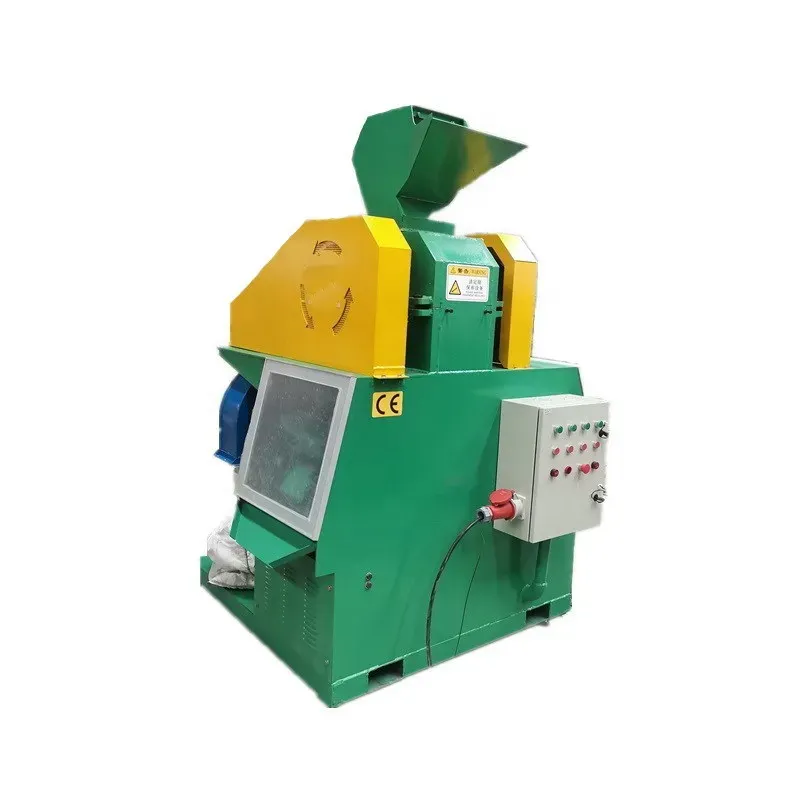
9 月 . 21, 2024 15:05 Back to list
The Impact of Metal Shreds in Industrial Recycling
In today’s fast-paced industrial landscape, the management of metal waste has become increasingly significant. Among the various forms of metal waste, metal shreds—small pieces or fragments of metal resulting from manufacturing processes—play a crucial role in the recycling industry. The efficient handling and recycling of metal shreds not only reduce environmental impact but also contribute to economic viability within the metalworking sector.
Metal shreds are commonly generated during various machining processes, including cutting, grinding, milling, and turning. These remnants, while often considered mere waste, possess considerable value. The recycling of metal shreds allows manufacturers to reclaim essential materials, significantly decreasing the need for virgin metal extraction. This is not only beneficial for the environment, reducing the carbon footprint associated with mining and processing raw materials, but it also lowers production costs for manufacturers who can rely on recycled content.
The recycling process for metal shreds involves several stages. Once collected, the shreds are sorted based on their metal type—ferrous and non-ferrous metals can be separated due to their differing properties. This separation maximizes the efficiency of the recycling process. After sorting, the shreds are often compacted into bales to facilitate easier transportation and further processing. The next step involves melting the metal down and reformulating it into new products. For example, shreds from steel may be converted into new sheets or bars, while aluminum shreds can be transformed into new cans or automotive parts.

One of the most significant advantages of recycling metal shreds is the conservation of resources. According to studies, recycling aluminum requires 95% less energy than producing new aluminum from ore. Similarly, recycling steel conserves about 60% of energy uses when compared to the production of new steel. This significant energy saving translates not only into lower costs for manufacturers but also a reduction in greenhouse gas emissions, making metal shredding a vital component of sustainable manufacturing practices.
Moreover, the demand for recycled metals is on the rise globally, driven by growing environmental awareness and regulations aimed at reducing landfill waste. Industries ranging from automotive to construction are increasingly sourcing recycled materials, which has created a robust market for metal shreds. The circular economy model encourages businesses to incorporate recycled materials into their supply chain, thus enhancing sustainability and resilience in manufacturing processes.
As industries move towards more sustainable practices, the importance of effectively managing metal shreds will only continue to grow. Companies that invest in efficient metal shavings and shreds recycling strategies are likely to benefit from reduced operational costs while also enhancing their environmental credentials. In conclusion, metal shreds represent not just a waste product but rather a resource waiting to be harnessed. Their effective recycling can lead to significant economic and ecological benefits, positioning the industry toward a more sustainable future.
Latest news
Unveiling the Power of Eddy Current Separator
NewsSep.25,2024
Transform Your Home Recyclin:home metal shredder
NewsSep.25,2024
The Future of Waste Management with Recycling Line Picker
NewsSep.25,2024
The Benefits of a Metal Recycling Plant
NewsSep.25,2024
Revolutionize Material Separation with Onwang Technology
NewsSep.25,2024
Innovative Waste Management: Unveiling the MSW Sorting Plant
NewsSep.25,2024